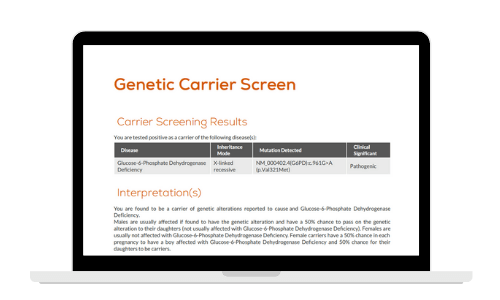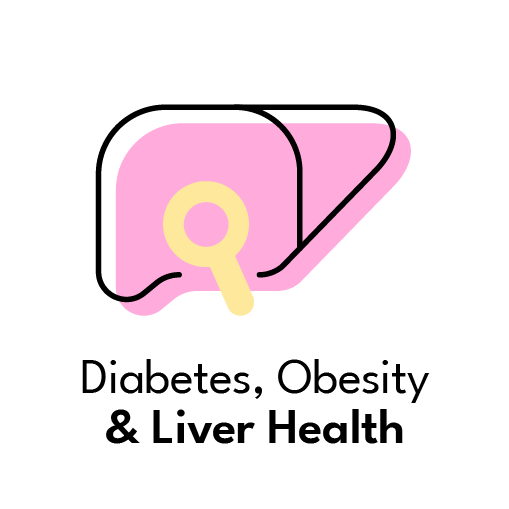
Genetic Carrier Screen
What Is G6PD Deficiency and How Does It Affect You? G6PD deficiency is a hereditary condition that primarily affects men. It occurs when the body’s supply of an enzyme called glucose-6-phosphate dehydrogenase is insufficient (G6PD). G6PD aids the function of red blood cells. It also protects them from potentially harmful elements in the blood. Red blood cells that don’t have enough G6PD are sensitive to medicines, foods, and infections. MyPreciseDNA tests for G6PD deficiency as it is a genetic condition. It is handed on in the DNA from one or both parents to the children born with it. The gene that causes this disease is found on the X chromosome. Because GP6D may lead to chronic illness, genetic testing can aid with early intervention.

















